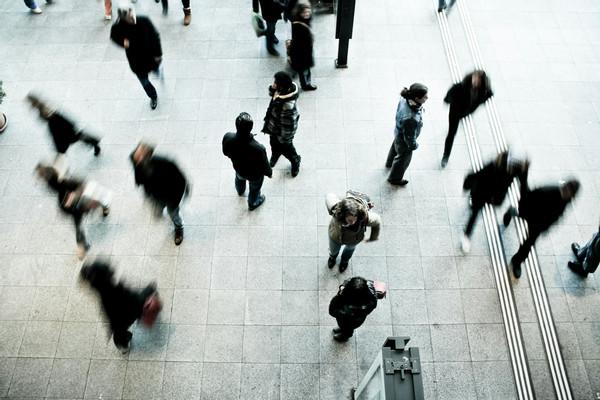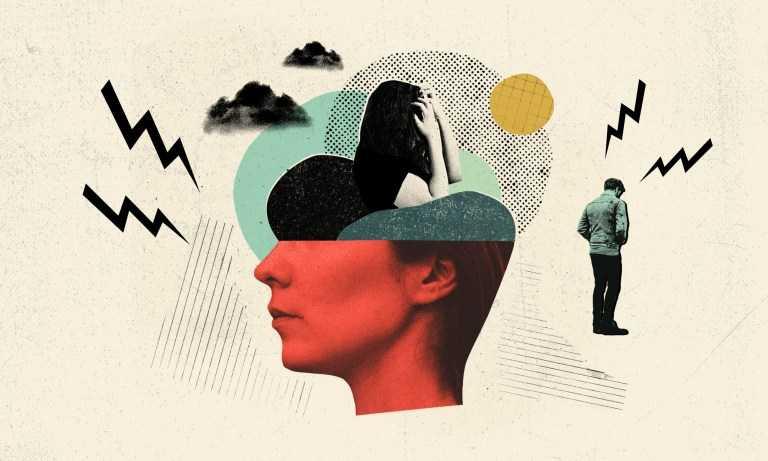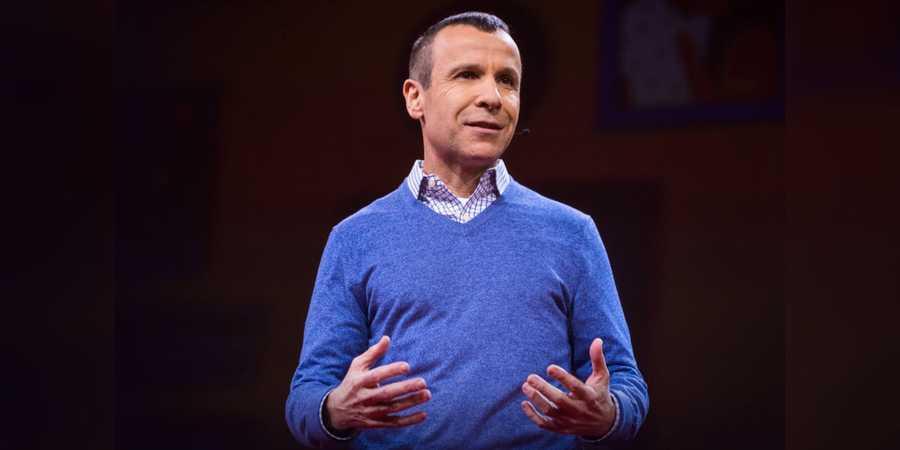We all know people who just can’t apologize — well, here’s why
Curated from: ideas.ted.com
Ideas, facts & insights covering these topics:
5 ideas
·5.87K reads
78
Explore the World's Best Ideas
Join today and uncover 100+ curated journeys from 50+ topics. Unlock access to our mobile app with extensive features.
Why we fail to apologize
Even the most conscientious among us occasionally fails to apologize. When this happens, it’s usually for one of two reasons:
- We don’t care enough about the other person or the relationship to take on the emotional discomfort of owning our mistake and apologizing for it
- We believe our apology won’t matter.
148
3.72K reads
When apologies seem psychologically threatening
For the people who can never admit they’ve misstepped, no matter the circumstance, admitting wrongdoing and offering an apology is too psychologically threatening.
Offering an apology implies that they’ve harmed another person in some way, which can elicit feelings of shame.
117
673 reads
Misinterpreting the lack of an apology
Unfortunately, many of us mistakenly interpret the fragility-driven defensiveness of the people that cannot issue apologies as a sign of psychological strength.
That’s because outwardly they appear to be tough individuals who refuse to back down. But they don’t do this because they’re strong — it’s because they’re weak.
120
500 reads
The psychology of admitting our mistakes
Psychologically speaking, admitting that we’re wrong is emotionally uncomfortable and painful to our sense of self. In order to take responsibility and apologize, our self-esteem needs to be strong enough for us to absorb that discomfort. If our self-esteem is higher and stable, we can tolerate the temporary ding that such an admission involves — without the walls around our ego crumbling.
But if our self-esteem is seemingly high but actually fragile, that ding can pierce through our defensive walls and score a direct hit to our ego. The more rigid one’s defense mechanisms are, the more fragile the ego they’re protecting.
128
393 reads
"If the non-apologizer is a close connection, tap into your empathy and compassion. Remind yourself that beneath their stubborn exterior, they are incredibly vulnerable."
GUY WINCH
122
582 reads
IDEAS CURATED BY
Waylon X.'s ideas are part of this journey:
Learn more about loveandrelationships with this collection
Understanding the psychological rewards of bad habits
Creating new habits to replace old ones
Developing self-discipline
Related collections
Similar ideas
3 ideas
Why Is It So Hard to Apologize? - Mindful
mindful.org
9 ideas
The Lost Art Of Apologizing (And How To Do It Right Every Time)
mindbodygreen.com
Read & Learn
20x Faster
without
deepstash
with
deepstash
with
deepstash
Personalized microlearning
—
100+ Learning Journeys
—
Access to 200,000+ ideas
—
Access to the mobile app
—
Unlimited idea saving
—
—
Unlimited history
—
—
Unlimited listening to ideas
—
—
Downloading & offline access
—
—
Supercharge your mind with one idea per day
Enter your email and spend 1 minute every day to learn something new.
I agree to receive email updates


